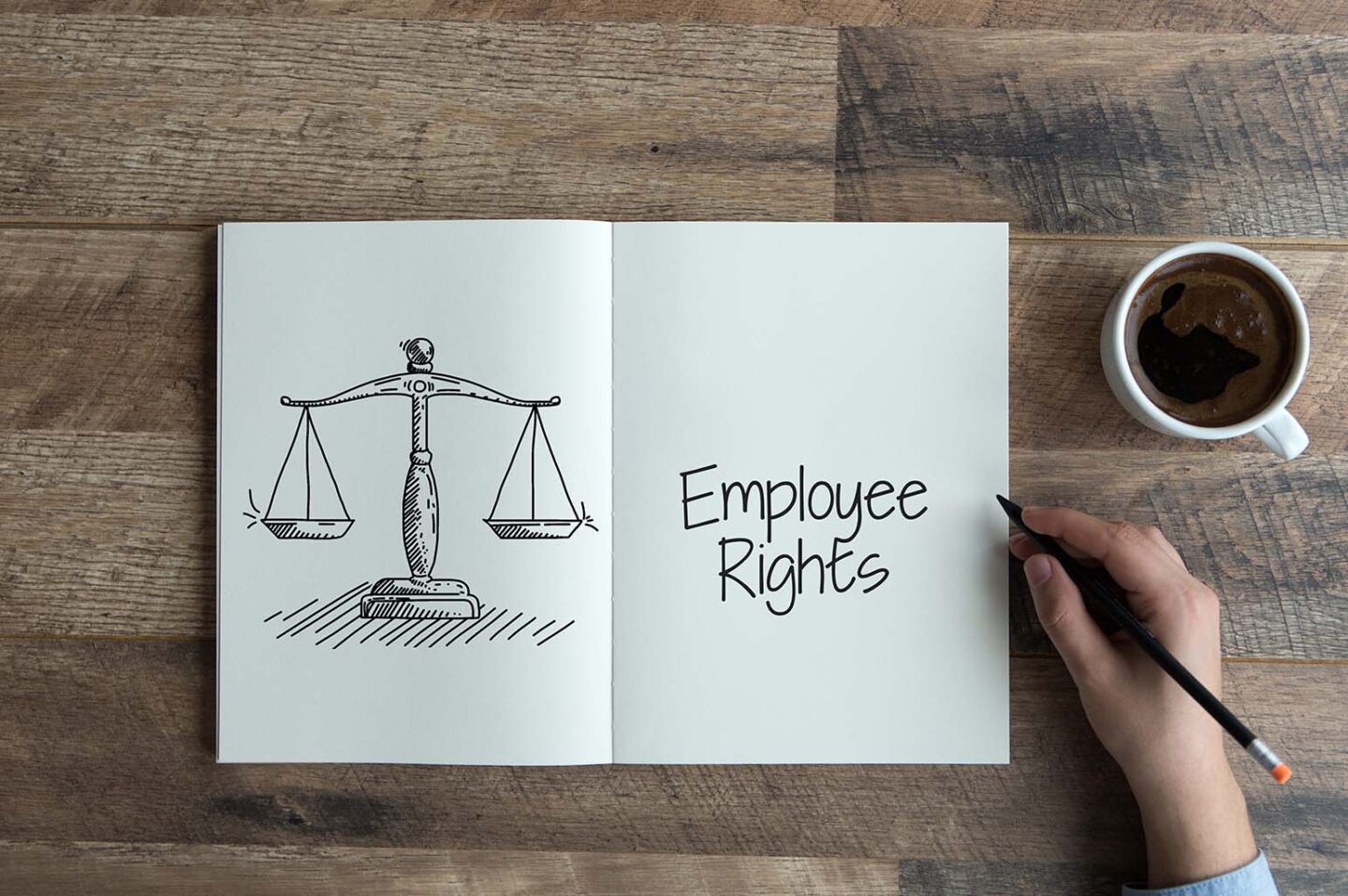Getting injured at work can be scary, especially if you aren’t sure how to handle the legal aspects of it. You’re not only suffering from a serious injury, but you also have to deal with medical bills and potentially even lost wages. Because of this, it’s only natural that you seek compensation for what you’ve been through. The legal system surrounding workers’ compensation law is complicated, so it’s important that you are aware of your rights and responsibilities in the event of getting injured at work. While it’s always advisable to contact a lawyer to help you with your case due to the complexity of the matter, there are some crucial things you need to know about workers’ compensation law.

1. A Federal And A State Law
Federal laws are those that are made on a federal level, and that usually means that they are to be applied in every state in the same manner. A state law, on the other hand, is a law that’s made on a state level and is only in power within that specific state. That said, the first complexity when it comes to worker’s comp law is that it’s both a federal and state law. According to the Federal Employment Compensation Act, all federal employees that aren’t military personnel (such as Congressmen, or workers in the Postal Service and the Library of Congress) are entitled to worker’s compensation. However, if you’re working in the private sector, then you need to focus on your state’s law. As a Baltimore situated workers compensation lawyer explains, in order for a claim to be valid, it needs to follow the guidelines created by the authorized committee of a given state. As they further elaborate, in Baltimore, that would mean that the injury has to be declared accidental and relevant to the worker’s job. While this is pretty standard in most states, if you’re not a federal employee, it’s always best to check your state’s laws in order to ensure you’re taking the proper steps to make your claim. There are important details that could make or break your claim, – such as a different statute of limitations from one state to the next.
2. Admissible Evidence
Unfortunately, even when a situation is fairly obvious by just looking at it with common sense, not every piece of evidence is admissible in court, and this is especially true when it comes to workers’ compensation law. For example, a construction worker usually works with other people, which means that they will have multiple witnesses to their injury. However, the witness statements may or may not be admissible depending on multiple factors such as how and when they were taken, who took them, and what was said in them. In other words, it’s important to have a workers’ compensation lawyer by your side so they can assist you with the proper paperwork and documentation – that way you have a better chance of getting more out of your case. On the other hand, medical documentation is practically always admissible, so you should never hesitate to seek medical assistance and get a copy of your medical history.
3. Determining The Level Of Compensation
When deciding on the compensation, the workers’ compensation judge has to consider many factors, such as the medical costs, time spent away from work, loss of earning capacity due to the injury, and most importantly – how serious the injury is. This can sometimes get confusing since the legal terminology used when it comes to assessing the permanency of disability is similar to what we normally use in name, but it doesn’t have the same meaning. It may seem a bit invalidating, since it does prioritize one disability over another, and living with a disability is not something to be looked down upon, but in this case, it’s all about the amount of compensation that you get. A serious injury can be called a permanent partial disability, or a permanent total disability. Now, a layman may think that a partial disability would be something to the effect of losing a certain amount of feeling in your hand, but still being able to use it almost the same as you always have. However, in legal terms, a permanent partial disability is an injury that’s made it impossible for a worker to carry out their previous job-related duties. On the other hand, a permanent total disability would mean that the worker has lost the ability to use two of the following body parts – eyes, ears, arms, legs, thumbs, toes, feet, etc.
4. How To Apply For Compensation
To begin with, you need to contact your state’s workers’ compensation agency to see if the injury is covered under the Worker’s Compensation Act. After that, you will be sent a Request for Lost Wages form which you should fill out and send back within the allotted time period so they can begin their investigation. The process usually takes around 2 months. However, this is when the clock starts ticking. If you don’t submit your claim in time – then they won’t be able to compensate you for that specific timeframe. Again, it’s important to check your state laws, and it’s highly advisable to talk to a lawyer at this point since they can help you with the process, and answer any questions that may arise.
5. Legal Remedy If The Claim Is Denied
If your claim is denied, then that does not mean that you are completely done with the process. You can still appeal the decision, but it may be advisable to talk to a lawyer first since they can help you gather more proof and evidence for your case if needed. They will also know exactly what type of proof would need to be submitted in order for your claim to be approved. Apart from that, your claim might have been denied due to a technicality (such as the wrong paperwork being filled out), or because of another reason that you can easily fix. You should always check to see if something like this is the case since it’s not really beneficial for you to go through with an appeal process without first making sure there are no errors in your claim, and that it wasn’t denied for some other reason that could be easily solved.

Even an injury from something as benign as a slip and fall can result in serious consequences. If your injury is serious enough that it warrants extensive treatment and prevents you from performing your job, you should look into your legal options by contacting your state’s worker’s compensation board. After that, you should get in touch with an attorney to help increase the chances of getting what you need and deserve for your injury.
